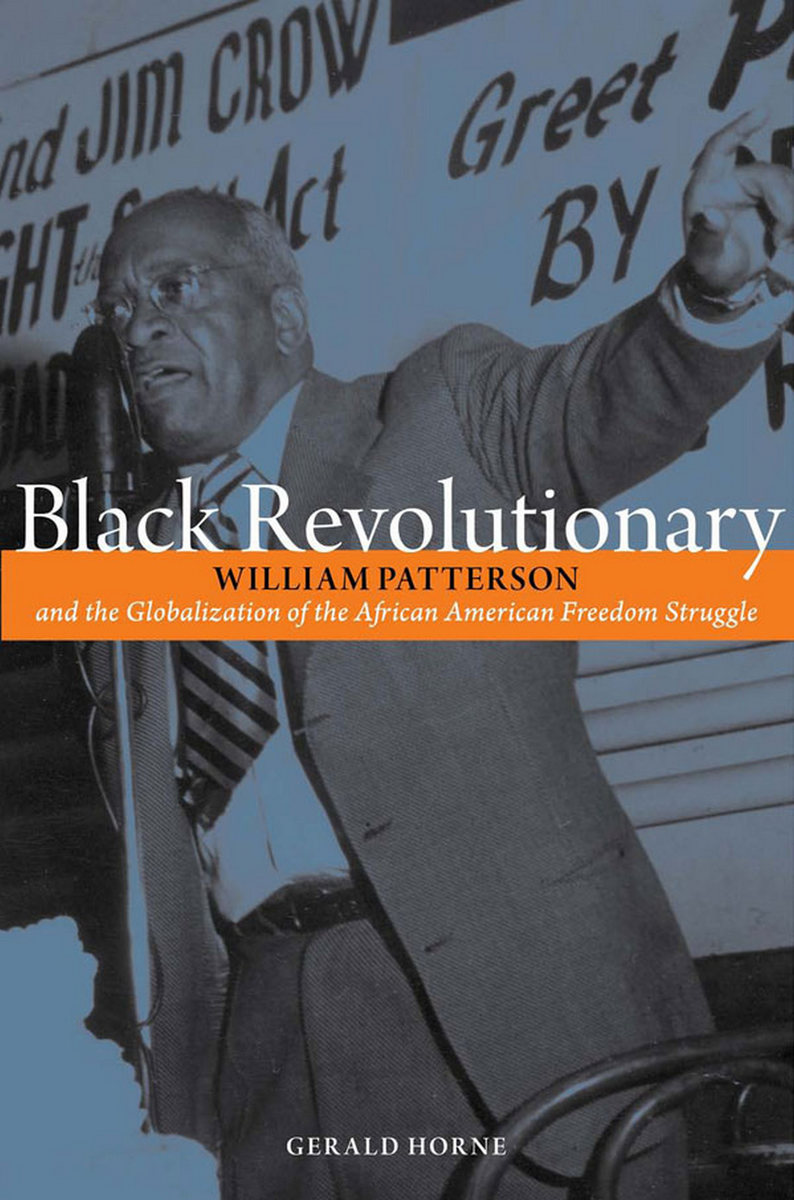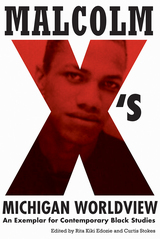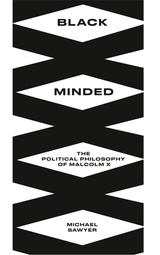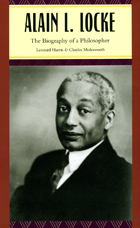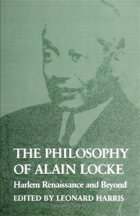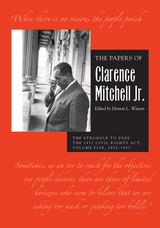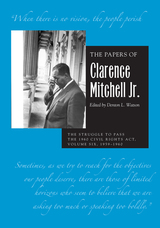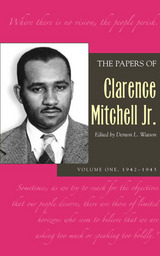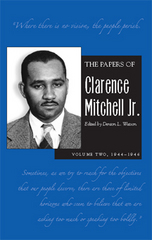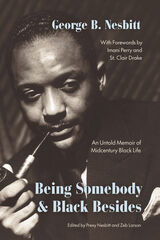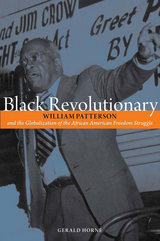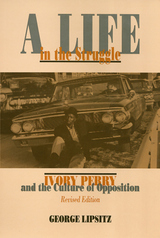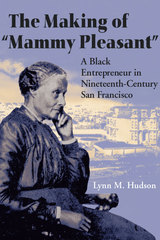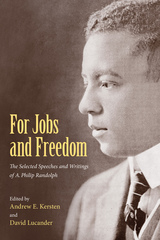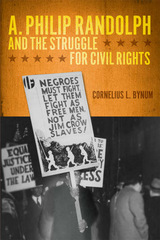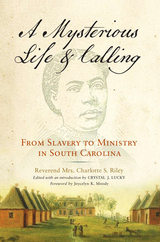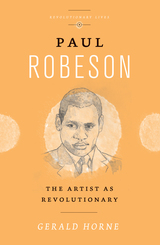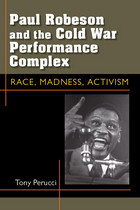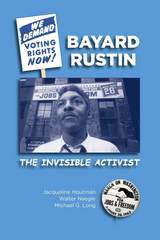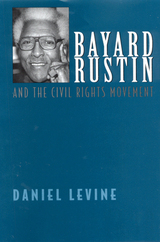Black Revolutionary: William Patterson and the Globalization of the African American Freedom Struggle
University of Illinois Press, 2013
Paper: 978-0-252-07943-6 | Cloth: 978-0-252-03792-4 | eISBN: 978-0-252-09518-4
Library of Congress Classification E185.97.P32H67 2013
Dewey Decimal Classification 323.092
Paper: 978-0-252-07943-6 | Cloth: 978-0-252-03792-4 | eISBN: 978-0-252-09518-4
Library of Congress Classification E185.97.P32H67 2013
Dewey Decimal Classification 323.092
ABOUT THIS BOOK | AUTHOR BIOGRAPHY | REVIEWS | TOC
ABOUT THIS BOOK
Through Patterson's story, Horne examines how the Cold War affected the freedom movement, with civil rights leadership sometimes disavowing African American leftists in exchange for concessions from the U.S. government. He also probes the complex and often contradictory relationship between the Communist Party and the African American community, including the impact of the FBI's infiltration of the Communist Party. Drawing from government and FBI documents, newspapers, periodicals, archival and manuscript collections, and personal papers, Horne documents Patterson's effectiveness at carrying the freedom struggle into the global arena and provides a fresh perspective on twentieth-century struggles for racial justice.
A leading African American Communist, lawyer William L. Patterson (1891–1980) was instrumental in laying the groundwork for the defeat of Jim Crowby virtue of his leadership of the Scottsboro campaign in the 1930s. In this watershed biography, historian Gerald Horne shows how Patterson helped to advance African American equality by fostering and leveraging international support for the movement. Horne highlights key moments in Patterson's global activism: his early education in the Soviet Union, his involvement with the Scottsboro trials and other high-profile civil rights cases of the 1930s to 1950s, his 1951 "We Charge Genocide" petition to the United Nations, and his later work with prisons and the Black Panther Party.
See other books on: African American lawyers | Civil rights movements | Civil rights workers | Communists | Segregation
See other titles from University of Illinois Press
